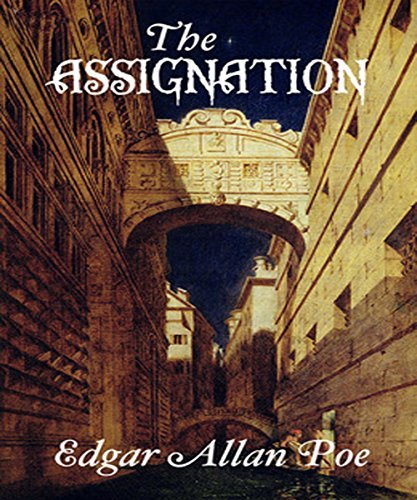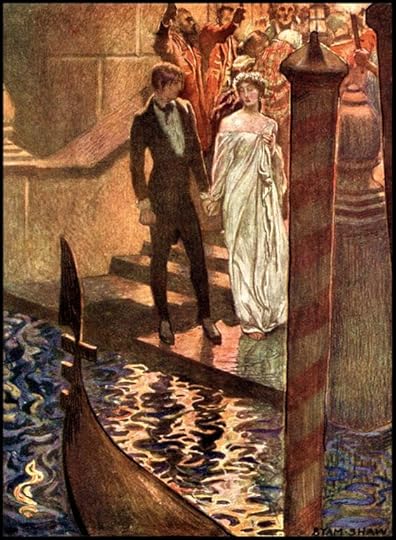What do you think?
Rate this book


12 pages, Kindle Edition
First published January 1, 1834



Who does not remember that, at such a time as this, the eye, like a shattered mirror, multiplies the images of its sorrow, and sees in innumerable far-off places, the woe which is close at hand
Thou wast that all to me, love,
For which my soul did pine -
A green isle in the sea, love,
A fountain and a shrine,
All wreathed with fairy fruits and flowers;
And all the flowers were mine.
Ah, dream too bright to last!
Ah, starry Hope, that didst arise But to be overcast!
A voice from out the Future cries, "Onward! " -
but o'er the Past (Dim gulf! ) my spirit hovering lies,
Mute - motionless - aghast!
For alas! alas! with me The light of life is o'er.
"No more - no more - no more,"
(Such language holds the solemn sea To the sands upon the shore,)
Shall bloom the thunder-blasted tree,
Or the stricken eagle soar!
Now all my hours are trances;
And all my nightly dreams Are where the dark eye glances,
And where thy footstep gleams, In what ethereal dances,
By what Italian streams.
Alas! for that accursed time
They bore thee o'er the billow,
From Love to titled age and crime,
And an unholy pillow! -
From me, and from our misty clime,
Where weeps the silver willow!